#uni
Text
“I am selfish, private and easily bored. Will this be a problem?”
-Neil Gaiman
#neil gaiman#Neil gaiman quote#quote#funny quotes#life quotes#quotes#quoteoftheday#beautiful quote#academia#aesthetic#chaotic academia#dark academia#uni
39 notes
·
View notes
Text
Tamagotchi Uni Gift: Overly Clear Object

To be transparent (pun intended), this gift is a bit strange. Bandai has announced that they’ll be gifting all Tamagotchi Uni owners with an Overly Clear Object. This object is transparent and can be placed in your living space. It is a bit odd to create transparent furniture since you cannot remove furniture once it has been placed in the room. Wouldn’t a feature to remove furniture make more sense? The Overly Clear Object will be delivered on Tuesday, June 25th, 2024!
#tamapalace#tamagotchi#tmgc#tamagotchiuni#tamagotchi uni#uni#tamatag#virtualpet#bandai#gift#overlyclearobject#overly clear object
41 notes
·
View notes
Text
I'm starting to stress with my orals even if I know I'm preparing myself and I did good stuff. The next few days are gonna be fun :'))
(my orals to graduate are next week)
26 notes
·
View notes
Text
how to start reading again
from someone who was a voracious reader until high school and is now getting back into it in her twenties.
start with an old favourite. even though it felt a little silly, i re-read the harry potter series one christmas and it wiped away my worry that i wasn't capable of reading anymore. they are long books, but i was still able to get completely immersed and to read just as fast as i had years and years ago.
don't be afraid of "easier" books. before high school i was reading the french existentialists, but when getting back into reading, i picked up lucinda riley and sally rooney. not my favourite authors by far, but easier to read while not being totally terrible. i needed to remind myself that only choosing classics would not make me a better or smarter person. if a book requires a slower pace of reading to be understood, it's easier to just drop it, which is exactly what i wanted to avoid at first.
go for essays and short stories. no need to explain this one: the shorter the whole, the less daunting it is. i definitely avoided all books over 350 pages at first and stuck to essay collections until i suddenly devoured donna tartt's goldfinch.
remember it's okay not to finish. i was one of those people who finished every book they started, but not anymore! if i pick up a book at the library and after a few chapters realise i'd rather not read it, i just return it. (another good reason to use your local library! no money spent on books you might end up disliking.)
analyse — or don't. some people enjoy reading more when they take notes or really stop to think about the contents. for me, at first, it was more important to build the habit of reading, and the thought of analysing what i read felt daunting. once i let go of that expectation, i realised i naturally analyse and process what i read anyway.
read when you would usually use your phone. just as i did when i was a child, i try to read when eating, in the bathroom, on public transport, right before sleeping. i even read when i walk, because that's normally a time i stare at my screen anyway. those few pages you read when you brush your teeth and wait for a friend very quickly stack up.
finish the chapter. if you have time, try to finish the part you're reading before closing the book. usually i find i actually don't want to stop reading once i get to the end of a chapter — and if i do, it feels like a good place to pick up again later.
try different languages. i was quickly approaching a reading slump towards the end of my exchange year, until i realised i had only had access to books in english and that, despite my fluency, i was tired of the language. so as soon as i got back home i started picking up books in my native tongue, which made reading feel much easier and more fun again! after some nine months, i'm starting to read in english again without it feeling like a huge task.
forget what's popular. i thought social media would be a fun way to find interesting books to read, but i quickly grew frustrated after hating every single book i picked up on some influencer's recommendation. it's certainly more time-consuming to find new books on your own, but this way i don't despise every novel i pick up.
remember it isn't about quantity. the online book community's endless posts about reading 150 books each year or 6 books in a single day easily make us feel like we're slow, bad readers, but here's the thing: it does not matter at all how many books you read or what your reading pace is. we all lead different lives, just be proud of yourself for reading at all!
stop stressing about it. we all know why reading is important, and since the pandemic reading has become an even more popular hobby than it was before (which is wonderful!). however, there's no need to force yourself to be "a reader". pick up a book every now and then and keep reading if you enjoy it, but not reading regularly doesn't make you any less of a good person. i find the pressure to become "a person who reads" or to rediscover my inner bookworm only distances me from the very act of reading.
#louisa-gc#academia#studyblr#aesthetic#book#books#reading#read#advice#help#university#study#uni#library#bibliophile#it girl#that girl#habits#booktok#booktube#bookstagram
4K notes
·
View notes
Text
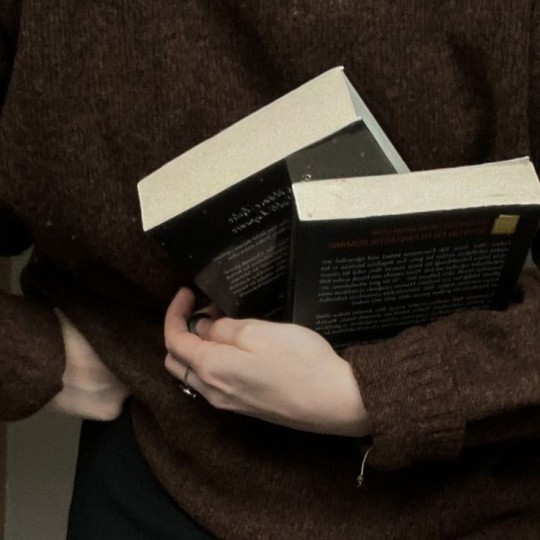








a pounding in my heart
#aesthetic#dark academia#coffee#art#books#academia#college#studyblr#light academia#literature#dark academia aesthetic#Dark academia quotes#classic literature#Study#School#Uni#Unilife#Student#Exam season#chaotic academia
7K notes
·
View notes
Text
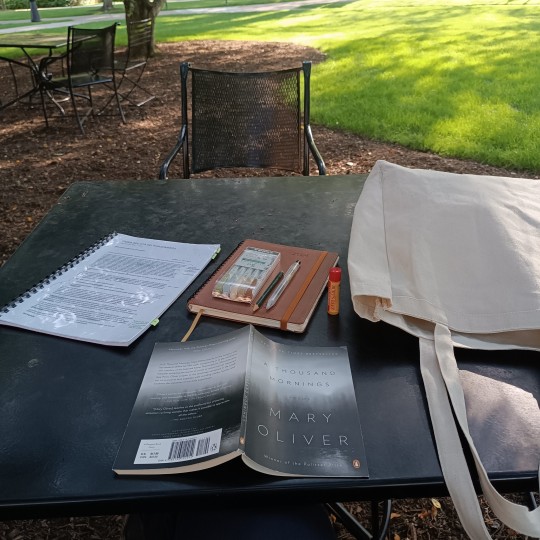


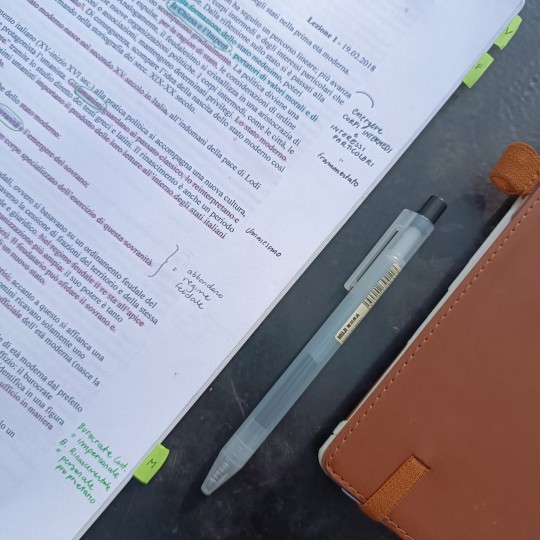
Quiet corner to study at campus 🌳
#light academia#chaotic academia#academia#university life#campuslife#study time#study session#study hard#studyblr#study motivation#study blog#study abroad#studyspo#study aesthetic#studying#study#italian studyblr#notes#books#student's life#student life#uni#uni life#università#university#note book#study notes#study break#bookstagram#notebook
1K notes
·
View notes
Text


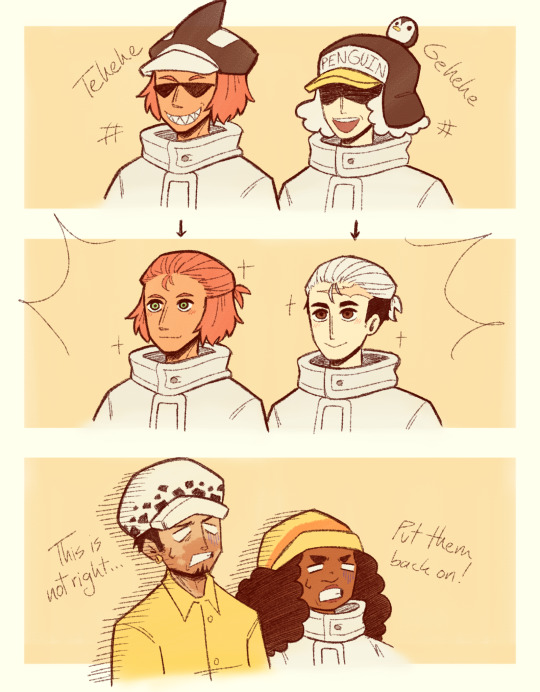


Ikkaku is a lesbian trust me!!! The anime confirmed it!!! She was there with Penguin and Shachi when they were at Amazon Lily!!!
#one piece#op#op fanart#heart pirates#trafalgar d water law#trafalgar law#op law#law op#one piece law#law one piece#one piece penguin#penguin one piece#penguin#shachi#shachi one piece#one piece shachi#one piece ikkaku#ikkaku one piece#ikkaku#one piece bepo#bepo#bepo one piece#clione#one piece clione#one piece uni#uni
2K notes
·
View notes
Text

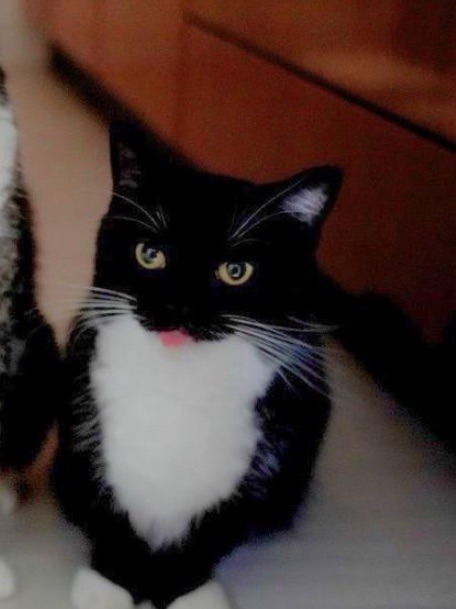
Blehhh!!!!
#dungeon meshi#delicious in dungeon#senshi dungeon meshi#uni#uni (´∀`)#shitposting#new ep today yippppeeee#senshi is uni real????
1K notes
·
View notes
Text






remus lupin moodboard :)
#my post#remus lupin#remus lupin x reader#james potter#james potter x reader#sirius black#sirius black x reader#the marauders#dark academia#aesthetic#art#the maruaders#remus x sirius#marauders#marauders era#peter pettigrew#academia#chaotic academia#classic academia#literature#uni#college#english literature#lit#cat#catlover#black cat#green academia#dark acamedia#dark acadamia aesthetic
557 notes
·
View notes
Text
reading books shouldn't be about productivity, it should be about experience
it doesn't care how many books you have read if you cannot tell me in detail and with all your love and passion how absolutely wonderful or how absolutely awful it was to turn every single page
#own#books#reading#literature#studying#studyblr#studyspo#uni#university#books and coffee#study aesthetic
748 notes
·
View notes
Text
(Here is an essay I wrote about Edgar Allan Poe’s short story, “The Black Cat.” The essay delves into the seeming “mask of self delusion” that the narrator wears as he writes to exonerate himself of his crimes. To make it more interesting, I argue that the reader is obsolete to the story itself. The essay is really long, but I thought it was fun to write. Please let me know what you think of the topic—I am curious to hear others’ thoughts!)

The Mask of Self-Delusion
(Jack C. June, 2024)
Edgar Allan Poe’s narrator in his short story, “The Black Cat,” is delusional. No reader would bat an eye at this claim, as that is very plainly the case upon even an elementary reading of the work. And yet, the reader is not a crucial part of the reading process itself. On the contrary, Poe’s narrator does not require a reader at all. Instead, the narrator is writing solely for himself. The unreliable narrator in Poe’s short story attempts to exonerate himself—to exculpate himself—in a confessional manner. From the very first lines, the reader becomes aware that they are not expected to believe the narrator, and because of this, the reader is not necessary in the first place. Instead, it is the narrator writing his story for himself in an attempt to justify and rationalize his vile actions—trying to clear away his wicked sins by claiming possession and demonic intervention. The themes of acting on evil human impulse and attempting to vindicate oneself through delusion are highlighted in Poe’s short story—allowing the reader to see that the devil is not necessary to perform vicious deeds—humans alone are just as capable.
It is evident from the first sentence that the narrator is not writing for an audience but for himself. The sentence reads, “For the most wild, yet homely narrative which I am about to pen, I neither expect nor solicit belief” (1). The reader is informed a moment later that the narrator is writing from a prison cell, and will die tomorrow, but first he wants to, “…unburthen [his] soul” (1). The narrator does not think anyone will believe him, but that does not matter to him. The narrator aims to assuage himself of the events that took place to convince himself that his actions were not entirely his own. This delusion becomes evident by the language used further in the first paragraph. For example, the narrator writes, “Yet, mad am I not…”, referring to the murders as a, “…series of mere household events”, and even going as far as to proclaim the events as, “…nothing more than an ordinary succession of very natural causes and effects” (1). The language is obviously filled with delusion, but the primary factor to take into account is the attempt at rationalizing his demonic behavior. The language may even remind readers of a defense attorney trying to subdue a tragedy at hand. The key word Poe uses to show the narrator’s attempted justification of his crimes is to describe them as “natural.”
As previously mentioned, this story does not require a reader. Whether or not anyone reads or believes the narrator is not the narrator’s main concern. Instead, the narrator only tries to convince himself of his innocence through delusion and self-manipulation. Scholars Vicki Hester and Emily Segir make an important point when they write, “The story cannot save him from the noose. He has no progeny and mentions no living relatives who might care about his guilt or innocence, so the story serves little purpose for the writer, leaving readers to wonder who might be the intended audience and what might be the story’s point” (176). The narrator is writing for himself—heightening his delusion in an effort to conceal himself from his wicked human nature. Therefore, it is vital that Poe chose to write his story in the first person and not the third. Had Poe written the story in the third person, readers would have been able to quickly identify that the narrator is unreliable. Similarly, the structure of the short story would lose its significance of being told as a confession had it been written in the third person. Poe cleverly chose to write “The Black Cat” in the first person to add to the obviousness of the narrator’s delusion, the vanquishing of pathos any reader may have for the narrator, and the glimpse into the psychologically disturbed that would have been lost otherwise.
This particular reading of the narrator attempting to vindicate himself is not a new interpretation. Scholar James Gorgano concurs with the specific reading of attempted self-exculpation, writing, “The narrator cannot understand that his assault upon another person derives from his own moral sickness and unbalance” (181). By accusing demonic entities and the supernatural, the narrator can step away from the blame he so clearly deserves. Gargano continues, writing, “Consequently, if his self-analysis is accepted, his responsibility for his evil life vanishes” (181). The narrator attempts to detach himself from his crimes by writing his story in his prison cell.
Further in the story, the narrator refers to being overcome by a demonic nature. Yet, he does little to consider that his “demonic nature” is actually innately human. One central theme for Poe is human nature being wicked at its core. Poe does not maintain the naïve belief of humans as innately good, but quite the opposite. Here, the narrator tries to trick himself into believing just that—that he is innocent and was influenced by outside powers. When the narrator kills his cat, he writes, “The fury of a demon instantly possessed me” (2). The narrator removes himself from the equation by casting blame on an evil force notorious for such a wicked crime. Further in the story, as the reader kills his wife, one sentence reads, “Goaded, by the interference, into a rage more than demonical, I withdrew my arm from her grasp and buried the axe in her brain” (6). The narrator has surpassed a demon's rage and arrived at the malicious doorstep of the devil’s capacity for wrath. The narrator cannot fathom that his human nature is not innately good and kind but devilish.
Finally, The narrator loses his grip on his sanity throughout the progression of the story. A few key indicators of the narrator becoming delusional have to do significantly with his language choice. Hester and Segir point out that, after the narrator kills his wife, “He now speaks of his wife as ‘it,’ ‘the body,’ ‘the corpse.’ He does not call his wife’s dead body an accident but refers to the death as, ‘the hideous murder accomplished’” (189). And again, there is a significant moment when the narrator casts his own blame onto otherworldly forces when discussing perverseness. These sentences read, “Yet I am not more sure that my soul lives, than I am that perverseness is one of the primitive impulses of the human heart—one of the indivisible primary faculties, or sentiments, which give direction to the character of Man” (2). The narrator craves to be absolved so intensely that he has no problem blaming his murders on human nature and demons—anyone but himself. Hester and Segir cleverly elaborate that, “He also suggests that we, readers, would all do the same, given the same circumstances” (179). A moment after the narrator blames perverseness, he writes, “Who has not, a hundred times, found himself committing a vile or a silly action, for no other reason than because he knows he should not?” (2). He carries on, speaking of his soul attempting to vex itself, committing, “…wrong for wrong’s sake only” (3). The narrator will do anything but look himself in the eye and confess that he, and he alone, is an evil man. The narrator would prefer to believe that all humans have a devil inside of them that may possess them at any moment and force them to commit heinous acts. It is easier to claim that, ‘the devil made me do it,’ than it is to look at one’s own blood-covered hands and have an epiphany of one’s Mephistophelian nature.
In the last paragraph, the narrator ceaselessly denies responsibility for his guilt. He writes, “Upon its head, with red extended mouth and solitary eye of fire, sat the hideous beast whose craft had seduced me into murder, and whose informing voice had consigned me to the hangman. I had walled the monster up within the tomb!” (8). He claims that Pluto had seduced him to kill instead of admitting that he did it of his own accord. What’s more, is that the narrator claims Pluto consigned him to the hangman—his impending death scheduled for the following day. The last line carries significant weight as the narrator directs—towards the cat—the word that should be used to describe himself—monster. On a deeper metaphorical level, this line can be read as the last act of attempted self-exculpation. With one last line, the narrator seals the guilt of his crimes within the wall. Maybe he was not referring to the cat as the monster, but the guilt of his crimes. The narrator of Edgar Allan Poe’s short story, “The Black Cat,” was never possessed by the devil, although he would prefer to think so. The narrator feels that if he can confess and convince himself of his innocence, he becomes blameless. Often, the devil is considered to be the root of all evil, but people forget that the first murder was a human killing a human—Cain killing Abel.
Works Cited
Gargano, James W. “The Question of Poe’s Narrators.” College English, vol. 25, no. 3, 1963, pp. 177–81. JSTOR.
Hester, Vicki, and Emily Segir. “Edgar Allan Poe: ‘The Black Cat,’ and Current Forensic Psychology.” The Edgar Allan Poe Review, vol. 15, no. 2, 2014, pp. 175–93. JSTOR.
Poe, Edgar Allan. “The Black Cat.” English ###: PDF File. The Black Cat.pdf, June, 2024.
#personal essay#college essay#essay#essay writing#my essays#edgar poe#edgar allan poe#Edgar Allan Poe the black cat#the black cat#black cat#cat#literary analysis#literary criticism#literature#american literature#gothic literature#goth#gothic#classic literature#literature major#literary quotes#study#research essay#english major#english literature#academia#uni#dark academia#chaotic academia#university
34 notes
·
View notes
Text

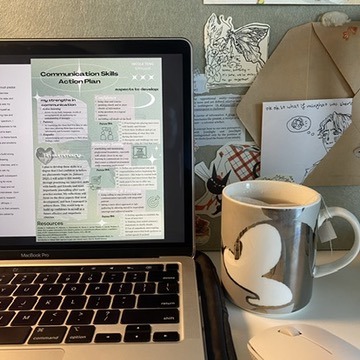
🤍 🌅 💻 ⛅️
cloudy sunsets + finally submitted 1/3 remaining assignments...
#gxspriting log#online diary#diary#online journal#journal#studyspo#studyblr#studystudystudy#study motivation#study space#study desk#study#desk aesthetic#sunset aesthetic#sunset#clouds#student life#student#uni life#uni#uni student#life aesthetic#academia#study blog#studying#study inspiration#study aesthetic#light academia#university#college
645 notes
·
View notes
Text
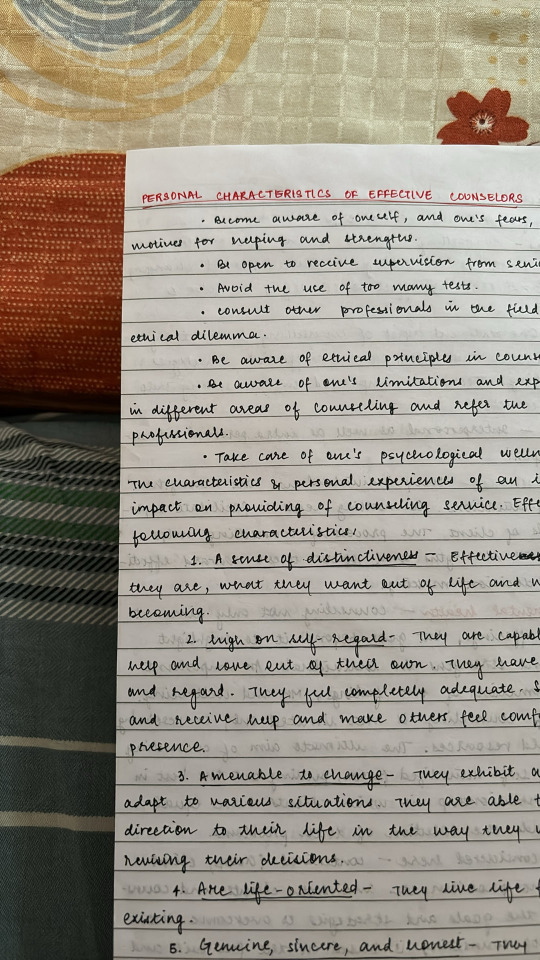

summer study era :)
it’s so hard to stay focused with the heat but we ball :,) my exams begin soon so i have no other choice but to force myself to study 💀
#studyblr#psych major#psychology student#study#studying#psychology#summer#academia#dark academia#light academia#books & libraries#books#college student#college#university#uni#DU#study notes#study blog#study motivation#study aesthetic#studyinspo#research
707 notes
·
View notes
Text
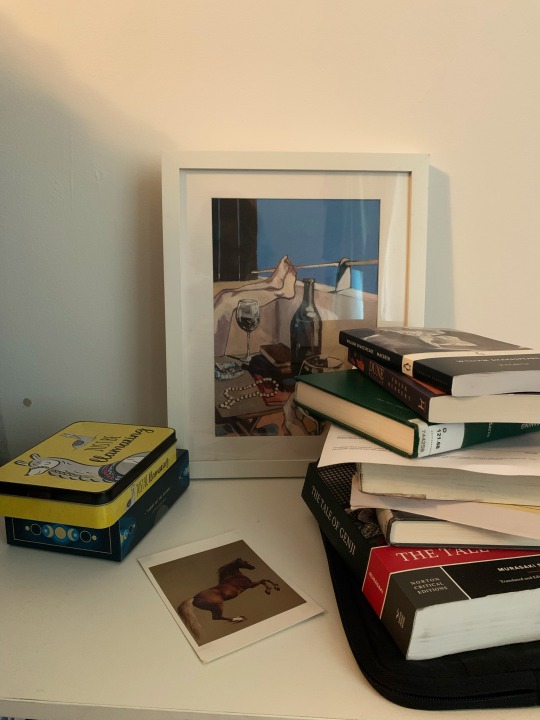



2/5;
chaotic deskscape of the even more chaotic final week of undergrad. one final philosophy essay to go for the final school deadline tomorrow!
730 notes
·
View notes
Text


Slowly, spring is turning into summer 🩷
#studyblr#geography#study#desk#motivation#uni#mine#study setup#studying#study aesthetic#light academia#academia#spring#summer
409 notes
·
View notes
Note
Oh my gosh I looove the domestic heart pirate’s stuff! Pls show us some more of shach and peng they are idiots i love them
LOL! ❤️❤️❤️ I actually had these sketches as well but I thought it was so low quality I didn't throw it in

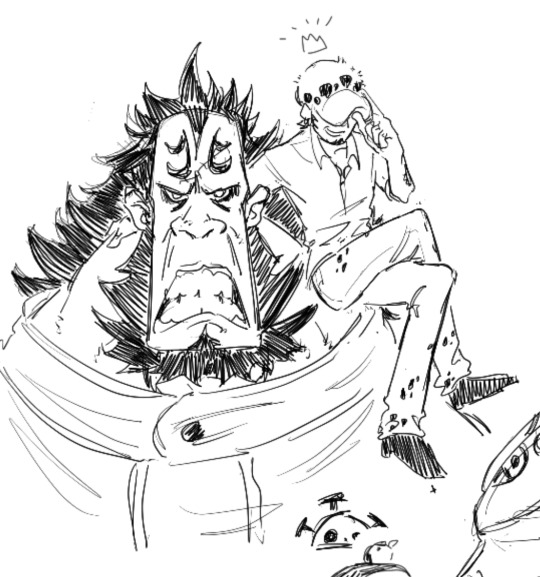
I have a habit of enjoying Law being very smirky/smug/smiley when he's with his crew – he loves them and they love him! Here's a few others:


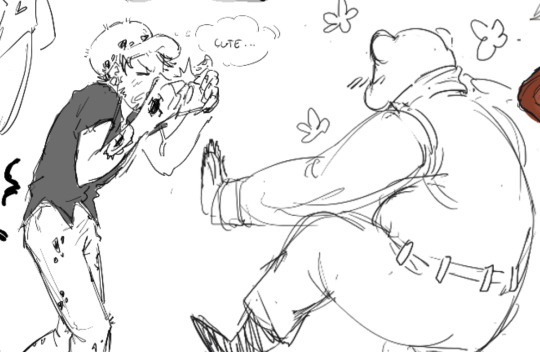
The last one was drawn with a friend - @/_lilmarimo on twitter! They drew Bepo!
Sorry it's not much Penguin or Shachi, I totally plan on drawing them more, but probably not any time soon!
#nc111qna#one piece#fanart#trafalgar d water law#heart pirates#bepo#shachi#penguin#ikkaku#jean bart#uni
2K notes
·
View notes